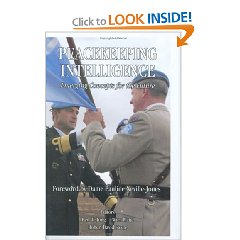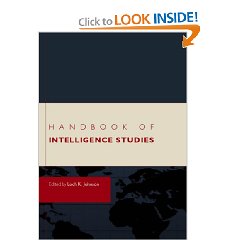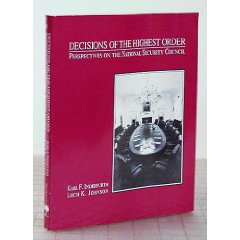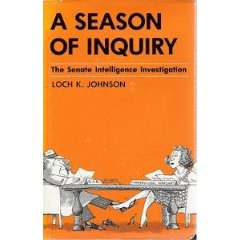
Professor Loch Johnson is one of two people who have served on both the Church Committee and the Aspin-Brown Commission. The other is Britt Snider, Esquire.
Today he examines the lack of integrity on the Hill, or totthless, inattentive oversight. He does not address two factors that we comment on below the fold:
1. There are five CIAs, and as long as the Wall Street and White House CIAs are doing what they are told to do, no one really cares about the integrity or the pathos of the other three.
2. Leon Panetta could have been the greatest Director in history, just as Barack Obama could have been the George Washington of this century, but both sacrificed their integrity for partisan gain, deliberately ignoring the urgent calls for both reform at CIA and non-partisan reality-based policy-making in the White House. Phi Beta Iota
Sunday, August 30, 2009
skip sad story . . . . . . .
The Church Committee discovered that intelligence abuses ran far deeper than initially reported. The CIA had indeed spied on Vietnam War dissenters at home, but the FBI had gone further, disrupting the lives of antiwar protesters and civil rights activists. It was “a road map to the destruction of American democracy,” committee member Walter Mondale said during a public hearing.
Church was equally appalled by the overseas excesses of the CIA, including covert actions against democratic regimes — such as Chile's — and assassination plots. He blasted the agency for “the fantasy that it lay within our power to control other countries through the covert manipulation of their affairs.”
Continue reading “Journal: Loch Johnson on It's Never a Quick Fix at the CIA”











